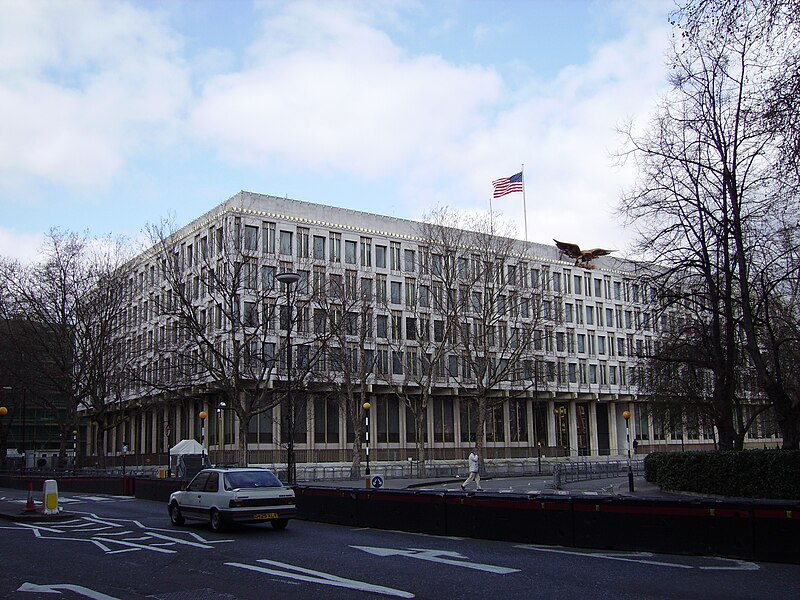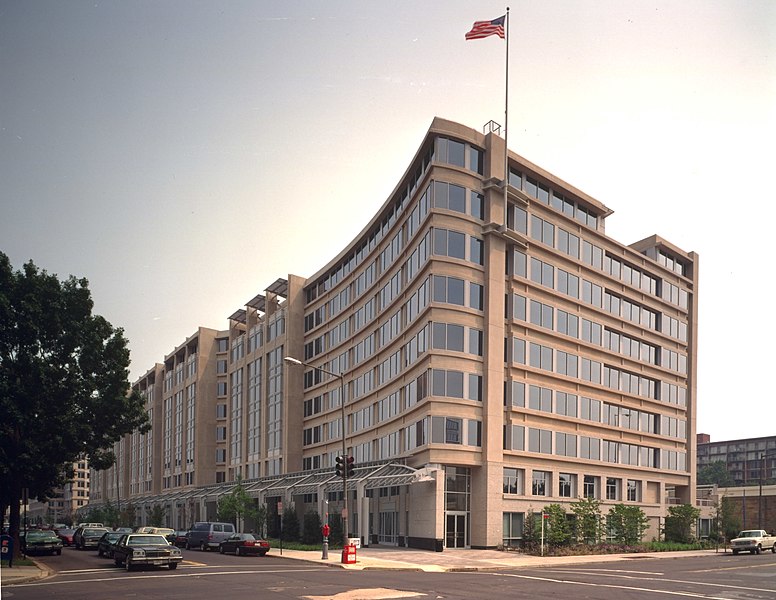
Senate Republicans are pushing back against a recent policy implemented by the federal judiciary aimed at curbing "judge shopping," a tactic often used by conservative litigants to steer cases
challenging President Joe Biden’s policies towards sympathetic judges.
On Thursday, Senate Minority Leader Mitch McConnell criticized the new policy, urging the U.S. Judicial Conference to reconsider what he termed a "half-baked" approach. McConnell expressed concern that the policy, adopted earlier in the week, would randomize the assignment of judges in cases challenging federal and state laws, potentially limiting conservative litigants' access to favorable venues.
McConnell attributed the policy to pressure from Democrats who had complained about lawsuits by conservative litigants in jurisdictions with Republican-appointed judges. He characterized the move as an "unforced error" by the Judicial Conference, presided over by Chief Justice John Roberts.
Under the new policy, cases seeking to block laws would be randomly assigned judges throughout larger federal districts instead of remaining in single-judge divisions with Republican-appointed judges, a practice favored by conservative litigants.
In response, McConnell, along with Senators John Cornyn and Thom Tillis, sent letters to chief judges of affected district courts, urging them to maintain their existing practices. They cited a statute granting local courts discretion in case assignments.
The policy change comes amidst Republican criticism of liberal use of single-judge divisions in Texas, where judges appointed by Republican presidents often rule favorably on conservative issues like abortion and immigration.
While the new policy aims to ensure impartiality by preventing litigants from pre-selecting sympathetic judges, McConnell argued that it fails to address the broader issue of single judges issuing nationwide injunctions, a practice he believes undermines procedural fairness.
Although McConnell did not call for legislative action to reverse the policy, he cautioned that Republican support for judicial procedural independence could wane if the judiciary continues to wade into political disputes.
The pushback from Senate Republicans underscores ongoing tensions surrounding judicial appointments and access to favorable venues for legal challenges, reflecting broader partisan divisions over the judiciary's role in shaping national policy. Photo by Scrumshus, Wikimedia commons.



































































